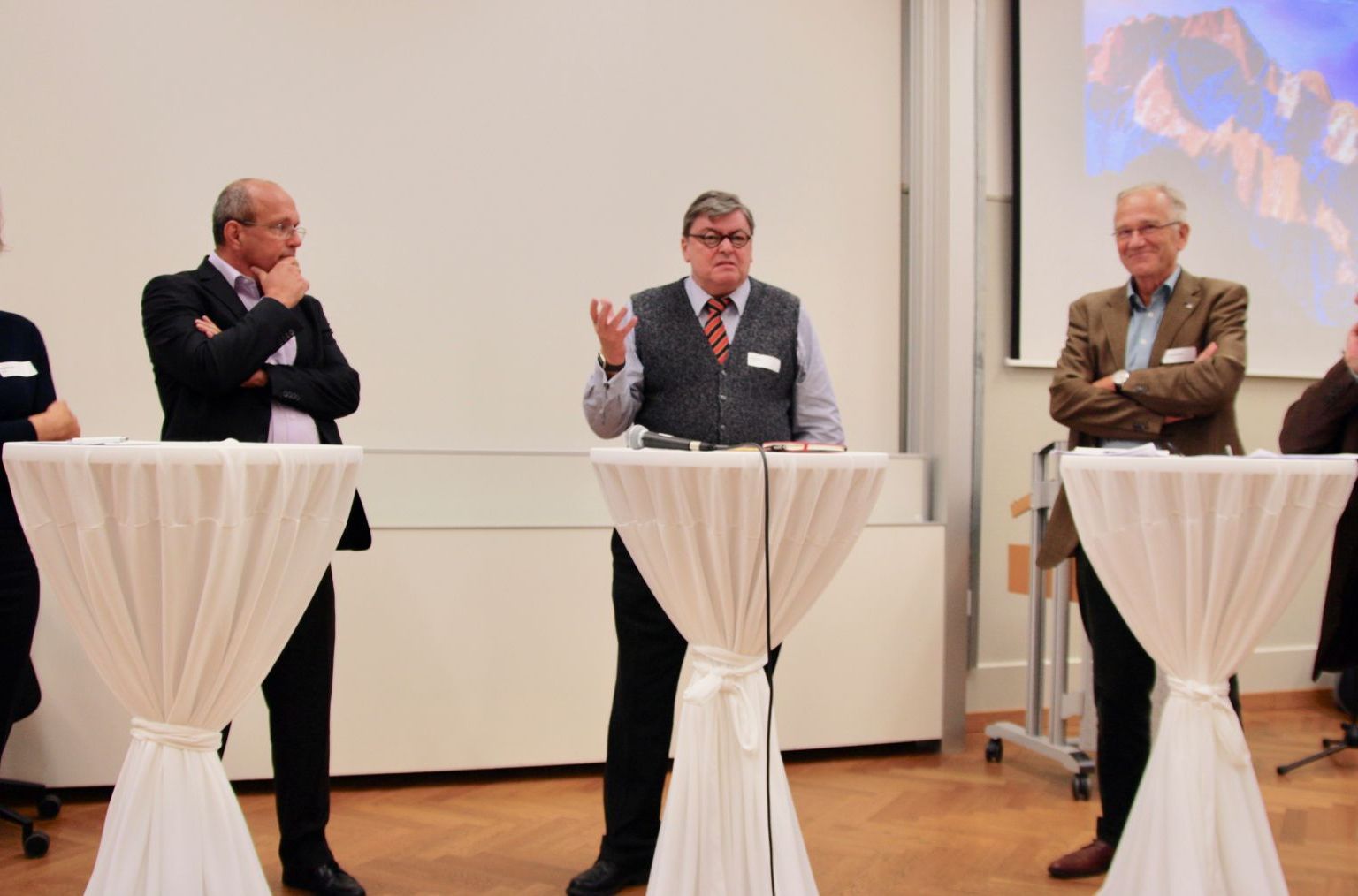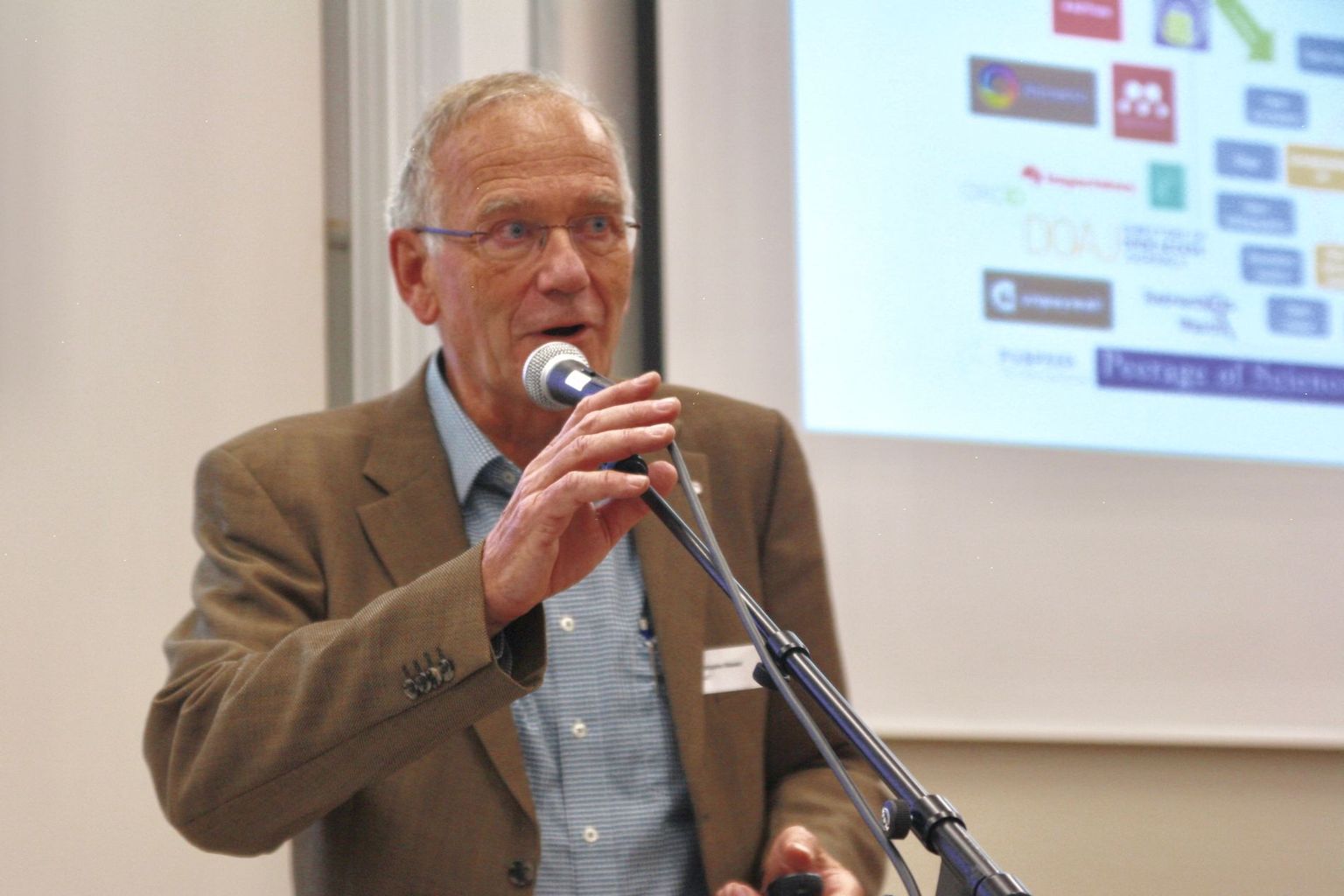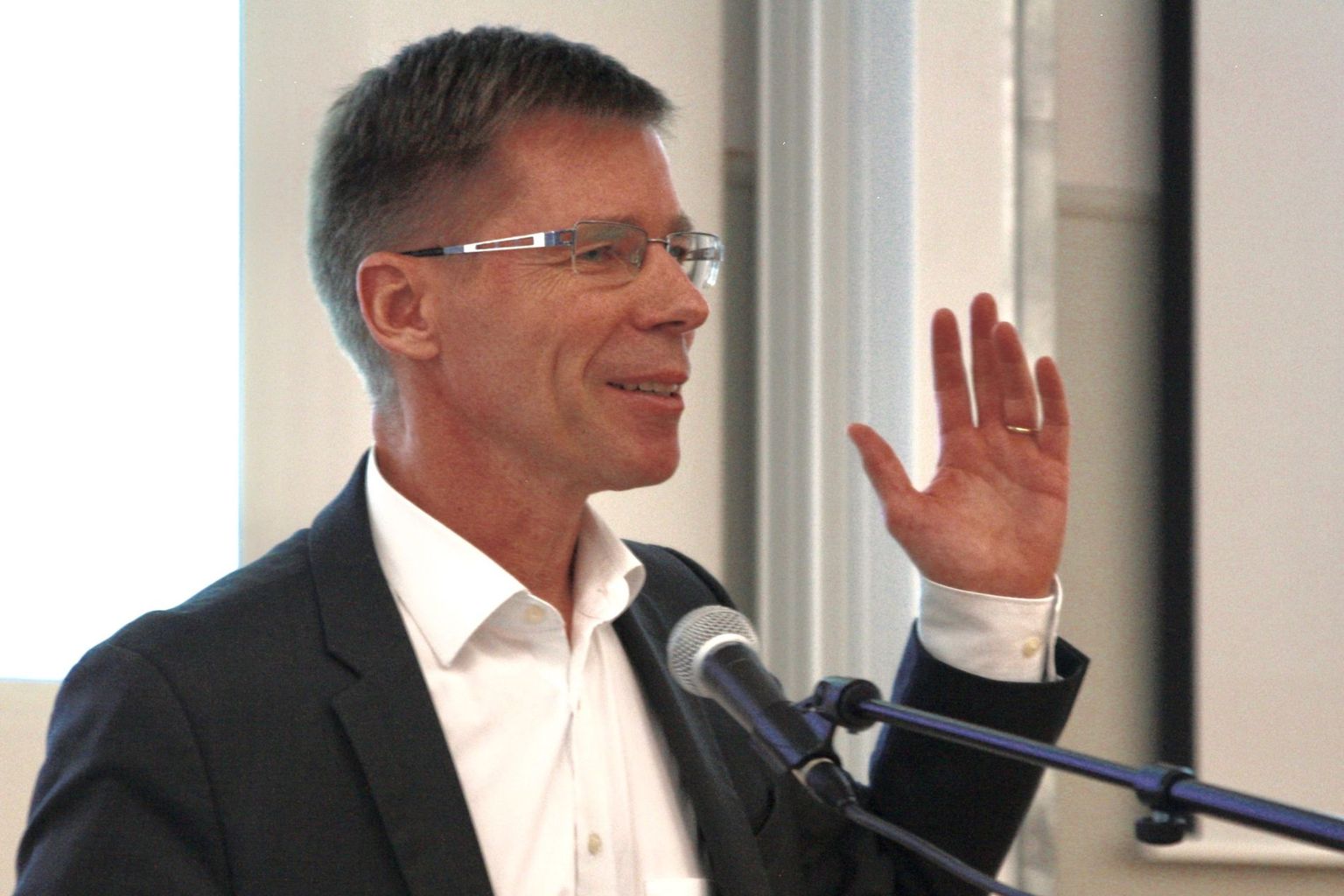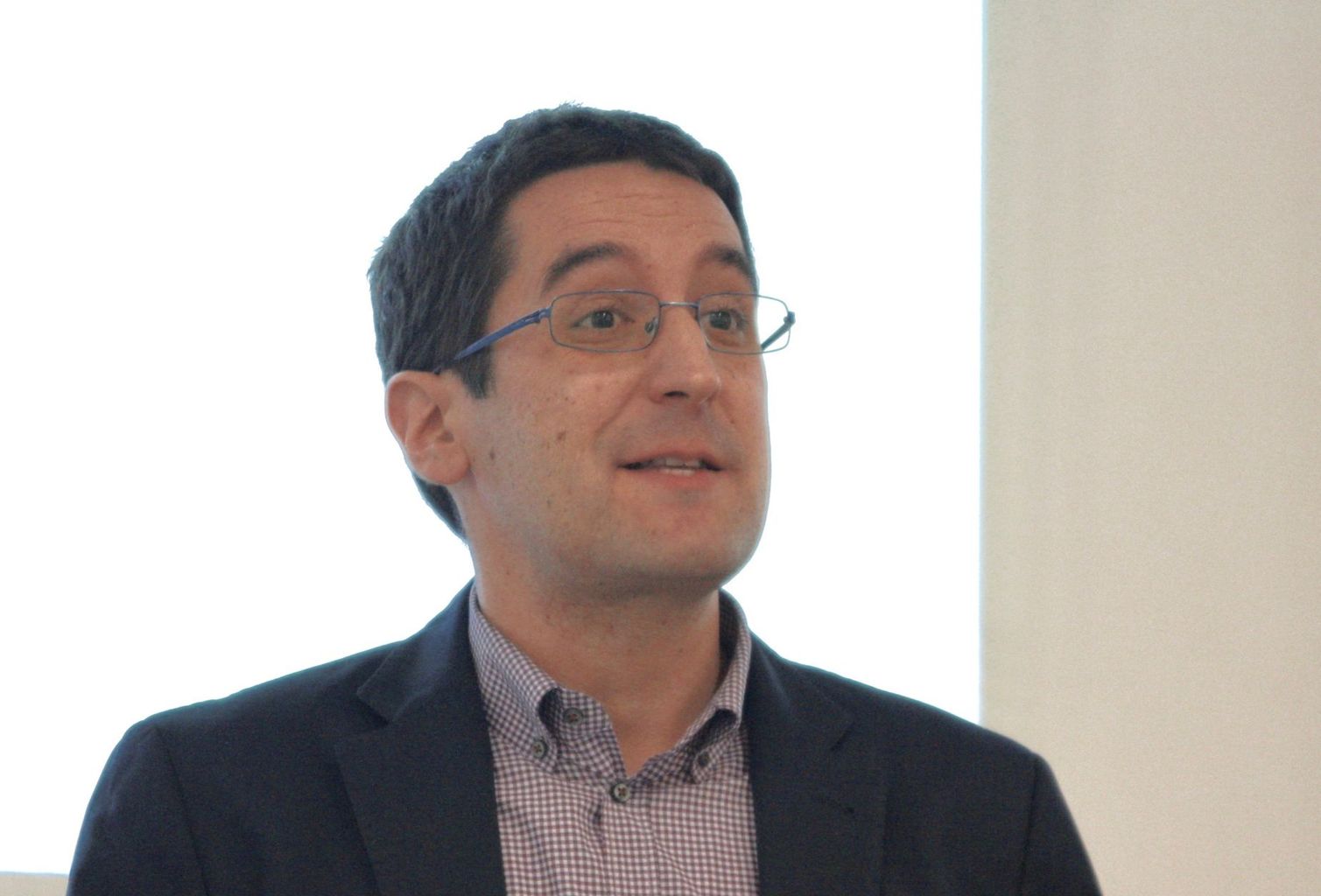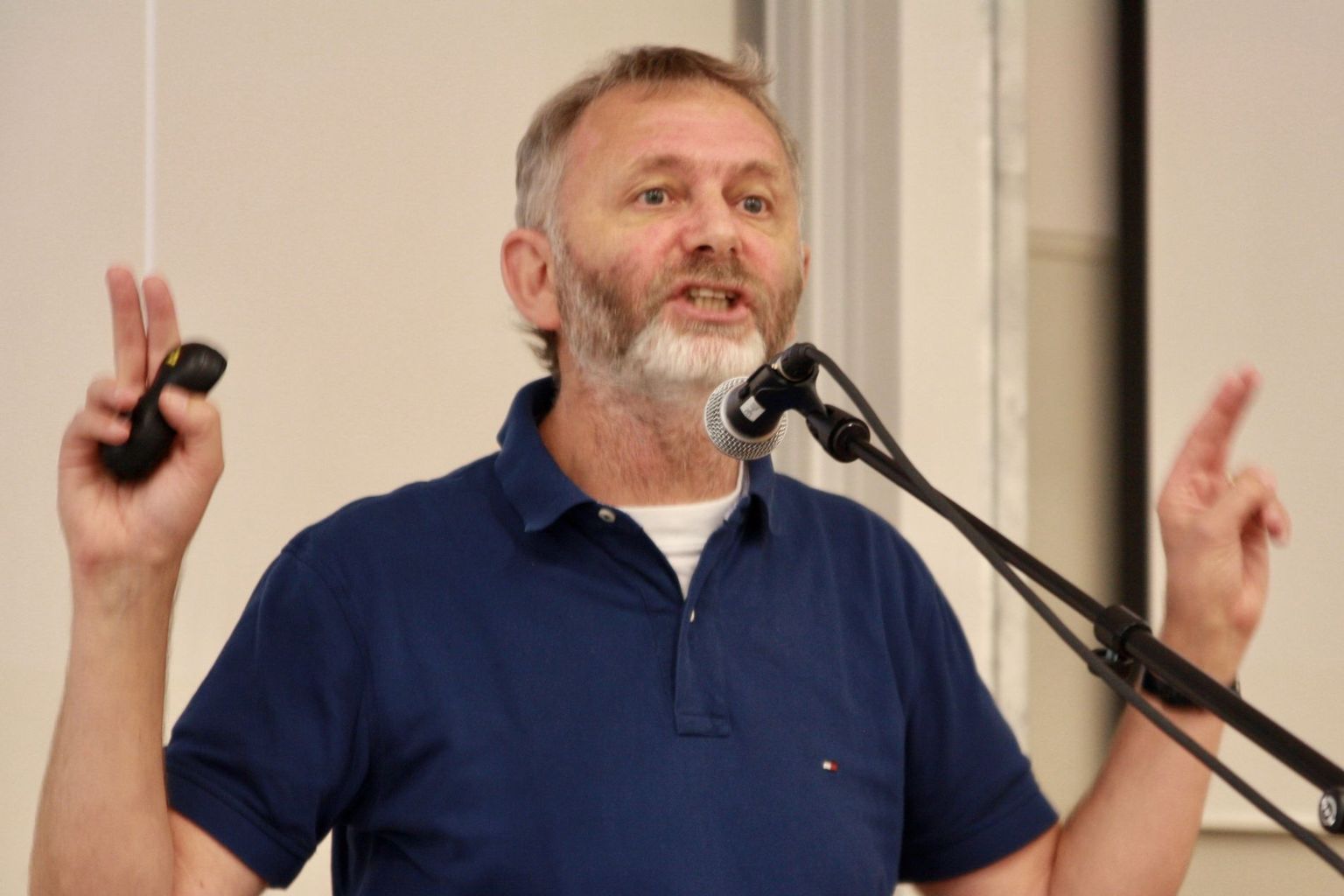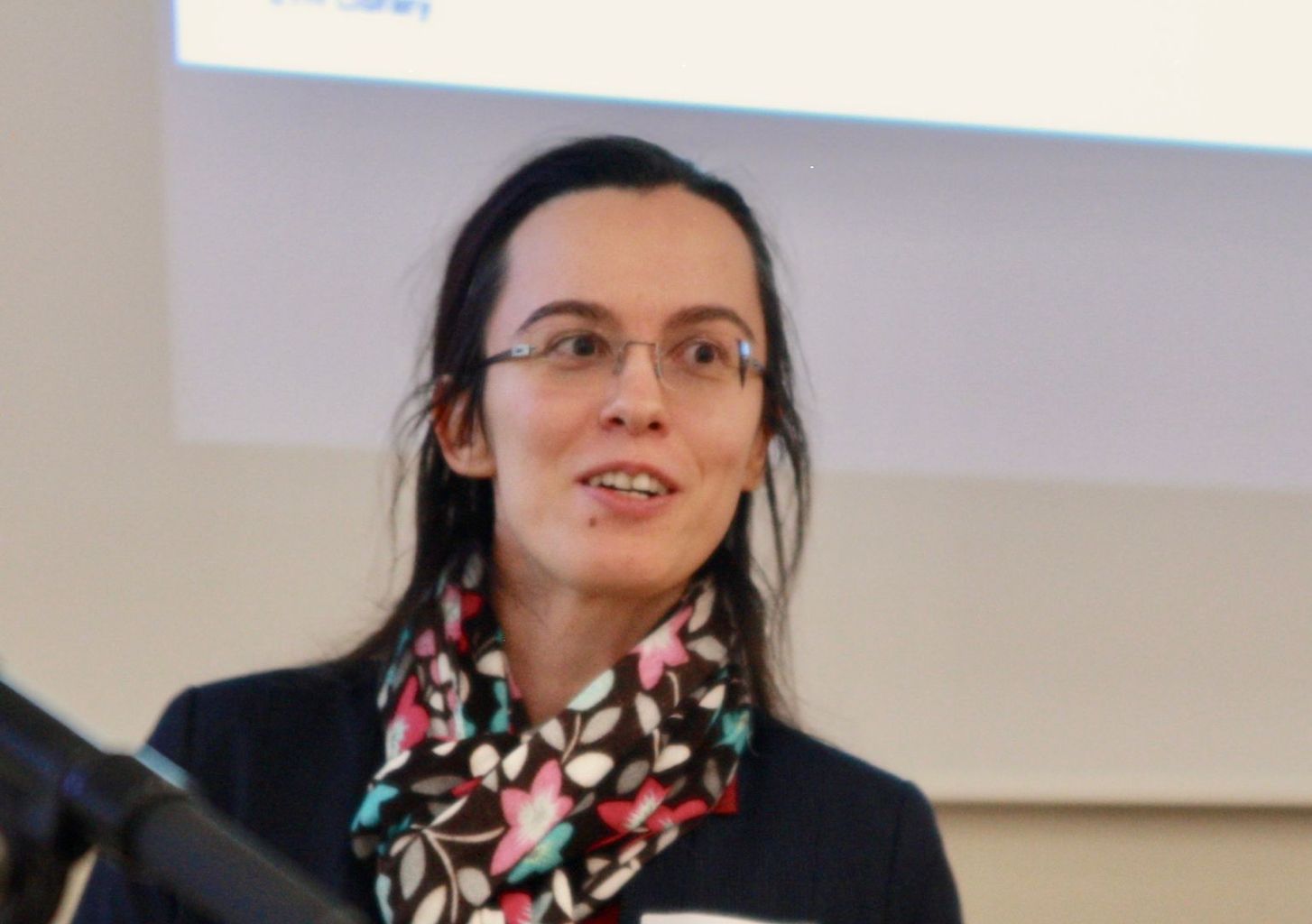Temi associati

EPFL Open Science Day 2019
Open science is a complex and transversal topic that can only be understood when a variety of point of views collide. We invited world-class researchers and policy makers to give their perspective on the promises and challenges of open and reproducible science.
Immagine: EPFLOpen Science in Switzerland: Opportunities and Challenges
This Factsheet contains recommendations to shape Open Access and Open Data so that they foster scientific progress and benefit society in Switzerland.
Immagine: Swiss Academies of Arts and Sciences
Beyond impact factor, h-Index and university rankings: Evaluate science in more meaningful ways
The conference aims to: • Highlight the limitations of metrics in capturing scientific quality and the resulting pressure on the quality of scientific output; • Present assessment approaches - San Francisco Declaration on Research Assessment DORA, Leiden Manifesto for Research Metrics - that challenge conventional metrics; • Consider whether steps are necessary to maintain the high quality of the Swiss science landscape long-term.
Immagine: PhotocaseOpen Data and Data Management – Issues and Challenges
Organised by the Swiss Academy of Sciences (SCNAT), the one-day workshop on Open Data and Data Management gathered around 120 participants on Monday, 29 October 2018 in Berne. Globally, it was a very successful event enabling the sharing of partially contrasting opinions on the topic by all involved parties. The main outcome is that a general practice cannot be followed, because each scientific field has its specific needs and limitations.
Immagine: Platform MAP / SCNAT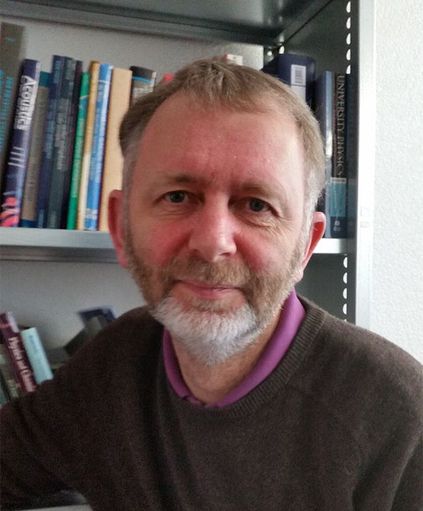
«My fear is that the tasks are underestimated severely by Open Data advocats»
On the national and the international level science is pushing towards Open Data. As noble as the principle is, the challenges for scientists are immense. Nicolas Thomas, space scientist from the University of Bern, will talk at the event «Open Data and Data Management – Issues and Challenges» on 29 October in Bern.
Immagine: Physikalisches Institut, Universität Bern

